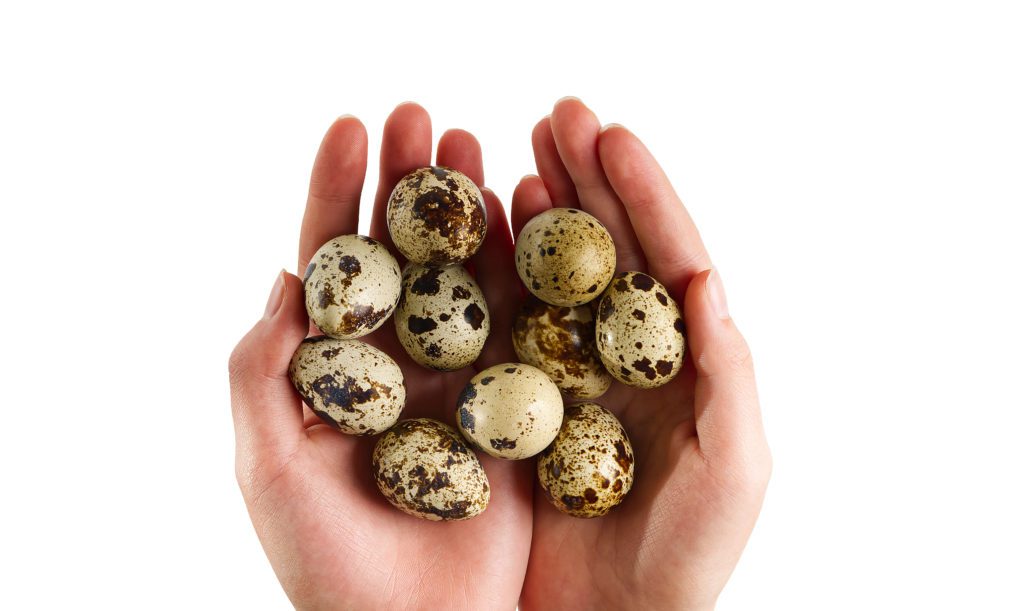One of the most frequently asked questions about Coturnix quail is, “How many eggs do quail lay?” Here we provide the answer to that question, taking into account various factors such as health and environmental conditions that can impact quail egg production.
Average Egg Production of Coturnix Quail
On average, a healthy Coturnix quail hen can lay more than 300 eggs per year. This translates to approximately 6 eggs per week from each hen. However, this is a general estimate and the actual number can vary depending on a variety of factors.
Factors to Consider
There are many factors that can impact the quantity of quail eggs produced by your coturnix quail. We briefly discuss some of these below. Do not make the mistake of underestimating the impact that Nutrition, Lighting, and Environmental conditions can have on you quail egg production.
Health Factors That Impact Quail Egg Production
Age of Coturnix Quail
Young Coturnix quail hens start laying eggs at approximately 6 to 8 weeks of age. Quail egg production is usually at its peak during the first year and may start to decline after the bird reaches one year of age. However, some hens continue to lay a good number of eggs even into their second and third years.
Quail Diet and Nutrition
Quail require a highly nutritious diet rich in protein, vitamins, and minerals for optimal egg production. Lack of essential nutrients (such as calcium) can lead to a decrease in the number of quail eggs laid. It’s crucial to provide a quail feed specifically formulated for laying quails to ensure they get all the nutrients they need.
Stress Levels of Coturnix Quail
Egg-laying can be affected by stressful situations like abrupt environmental shifts, high-decibel sounds, or the existence of perceived predators. The release of cortisol, a hormone, due to stress can obstruct egg formation.
Environmental Factors That Impact Quail Egg Laying
While numerous quail breeders anticipate a particular age of sexual maturity for their quail to begin egg production, it’s crucial to remember that environmental conditions can influence the timing of your quail’s egg-laying.
Temperature
Extreme temperatures, both hot and cold, can adversely affect egg production. Quails are most comfortable in a temperature range of 60-75°F (15-24°C). Note that this is the ideal temperature range and doesn’t mean that you won’t get plenty of coturnix quail eggs outside of these temperatures.
Seasonal Variations
Coturnix quail are sensitive to light conditions. Longer daylight hours stimulate the pituitary gland, which in turn triggers the release of hormones responsible for egg production. Therefore, egg-laying tends to increase during the spring and summer months and decrease during the fall and winter. If you are only providing your quail with natural daylight, this is definitely something that you want to consider.
Light Exposure
Light is vital for egg production. Coturnix quail need a minimum of 14 hours of light (not more that 16 hours of light) daily to sustain regular egg-laying. Insufficient light can interfere with their laying cycle, resulting in reduced or irregular egg production.
Conclusion
The number of eggs that a Coturnix quail lays can vary widely depending on a range of factors including age, diet, season, and environmental conditions.
On average, you can expect a healthy Coturnix quail to lay approximately 300 eggs per year if lighting is sufficient throughout the year. By providing optimal care and meeting their dietary and environmental needs, you can maximize your quail’s egg production and enjoy a steady supply of delicious, nutritious eggs.
Understanding these factors can help quail owners manage their flocks more effectively and set realistic expectations for egg production. Knowing what influences their egg-laying capabilities can help you make informed decisions and optimize your quail-raising experience.
